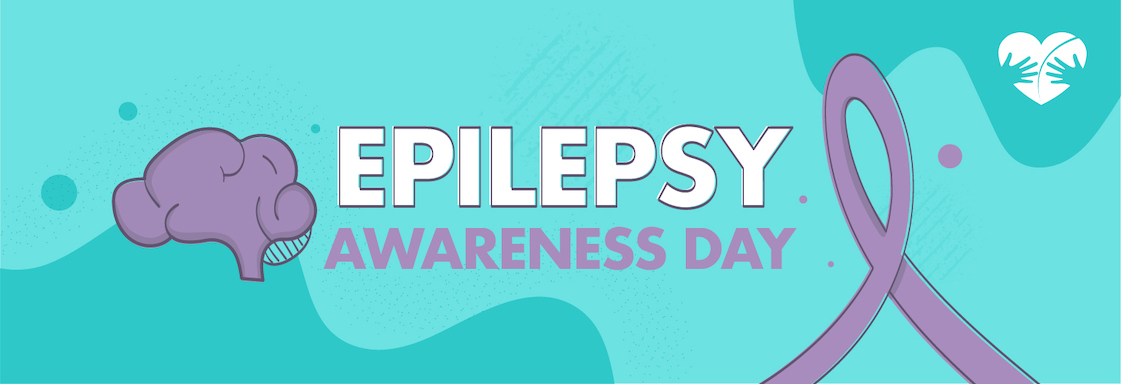Epilepsy is a condition that affects the nervous system, specifically the brain. It is more commonly known as a seizure disorder described as “disturbances in the electrical activity of the brain,” according to the Epilepsy Foundation. Seizures can result from brain injury, genetics, brain structure or metabolic causes, or ultimately an unknown reason.
According to the Epilepsy Foundation, to be diagnosed with epilepsy, “one must experience two or more seizures greater than 24 hours apart or after one seizure with a high risk for more seizures”. A seizure, which is a symptom and not a diagnosis, can affect how a person acts or appears for an allotted time. These may present differently for each person, and some can be more severe than others.
Here are five things you should do if someone is having a seizure:
- Turn the person onto their side if they are not awake to keep the airway clear
- Time the episode and remain calm
- Check for Medical ID
- Do Not restrain the person
- Call 911 if the seizure lasts longer than 5 minutes
As over 3.5 million people are diagnosed with epilepsy each year, please help us bring awareness and support those with epilepsy by wearing purple during Epilepsy Awareness Day on March 26.


